Pre-Paid Funeral Plans: Pros, cons, and how they work.
Planning for the future is a wise approach to ensuring that our loved ones are cared for after we are gone. Among the various ways to do this, pre-paid funeral plans are an option that more people are considering. These plans allow individuals to arrange and pay for their funerals in advance, providing peace of mind and financial security for both themselves and their families. However, like any financial product, pre-paid funeral plans come with their own set of advantages and disadvantages. This article will explore the pros, cons, and how these plans work, helping you decide whether this option is right for you.
What is a Pre-Paid Funeral Plan?
This is a financial arrangement where you pay for your funeral services in advance, either in a lump sum or through instalments. These plans are offered by funeral homes, insurance companies, and specialized providers. The primary goal of a pre-paid funeral plan is to lock in the cost of your funeral at today’s prices, potentially saving your family from future financial burdens due to rising costs.
How do these Plans Work?
When you purchase this plan, you typically choose the type of funeral you want—whether it’s a burial, cremation, or a specific religious service. You also decide on additional details such as the type of casket, flowers, transportation, and even the music to be played during the ceremony.
Once you’ve made these decisions, you pay for the plan either upfront or through a payment schedule. The money is then held in a trust fund or a life insurance policy until it is needed. Upon your death, the funeral home or service provider will use the funds to carry out your wishes as specified in the plan.
The Pros
1. Cost Control and Inflation Protection
One of the most significant advantages of a pre-paid funeral plan is cost control. Funeral costs have been rising steadily over the years, and by paying in advance, you can lock in the price of your funeral at current rates. This protection against inflation can save your family from unexpected expenses in the future.
2. Eases the Emotional Burden
Planning a funeral can be emotionally challenging, especially for those who are grieving. By arranging your funeral in advance, you spare your loved ones from making difficult decisions during a stressful time. Everything from the choice of music to the type of service will already be decided, allowing your family to focus on mourning and celebrating your life.
3. Prevents Financial Stress for Your Family
Funerals can be expensive, often costing several thousand dollars. It ensures that your family won’t have to worry about how to pay for your funeral. This can be especially important if your family members are not financially prepared for such an expense.
4. Customizable Plans
These are highly customizable. You can tailor the plan to suit your preferences, religious beliefs, and cultural practices. This ensures that your final wishes are honoured exactly as you intended.
The Cons
1. Lack of Flexibility
One of the drawbacks of these plans is their lack of flexibility. Once you’ve made your arrangements and paid for the plan, it can be challenging to make changes. If you move to a different city or change your mind about certain aspects of the funeral, you may find it difficult or expensive to modify the plan.
2. Potential for Financial Loss
If the funeral home or service provider goes out of business before you pass away, there is a risk that the money you paid could be lost. While some states have regulations in place to protect consumers, not all plans are fully guaranteed. It’s important to carefully research the provider and understand the terms of the contract before purchasing a plan.
3. Overpayment
In some cases, you might end up paying more for a plan than the actual cost of the services at the time of your death. This could happen if you purchase a plan that includes unnecessary or overpriced services. Additionally, the interest or administrative fees charged by some providers can make the overall cost higher than if your family were to pay for the funeral directly at the time of need.
4. Limited Portability
If you move to a different state or country, this plan may not be transferable. This can create complications if the funeral home or provider does not operate in your new location. Some plans offer portability, but this is something you should confirm before making a purchase.
Important Considerations Before Purchasing
1. Research the Provider
Before purchasing it, it’s essential to research the provider thoroughly. Look for reviews, check their financial stability, and verify that they are licensed and regulated by the appropriate authorities. You can also consult the Federal Trade Commission’s guide on funerals for additional advice on what to look for in a provider.
2. Understand the Terms and Conditions
Make sure you fully understand the terms and conditions of the plan. Ask questions about what happens if the provider goes out of business, if you can transfer the plan to a different location, and what fees or penalties might apply if you need to make changes.
3. Consult with Family Members
While it’s your decision, it’s a good idea to consult with your family members before purchasing this plan. They may have insights or preferences that you haven’t considered, and involving them in the decision-making process can help avoid any misunderstandings later on.
4. Consider Alternatives
These plans are not the only option for covering funeral expenses. You might also consider setting up a dedicated savings account, purchasing a life insurance policy, or exploring other financial products designed for end-of-life expenses.
Conclusion
These plans can offer peace of mind, financial security, and the assurance that your final wishes will be honoured. However, they are not without their drawbacks. The lack of flexibility, potential for financial loss, and limited portability are important factors to consider before committing to a plan. By thoroughly researching the provider, understanding the terms and conditions, and considering your family’s needs and preferences, you can make an informed decision about whether this is the right choice for you.
Ultimately, planning for your funeral in advance is a personal decision that should align with your financial situation, values, and the needs of your loved ones. By weighing the pros and cons, you can take the necessary steps to ensure that your final arrangements are handled with care and respect.
References
- Federal Trade Commission’s Guide on Funerals – An official resource offering tips and guidelines for funeral planning and choosing funeral services.



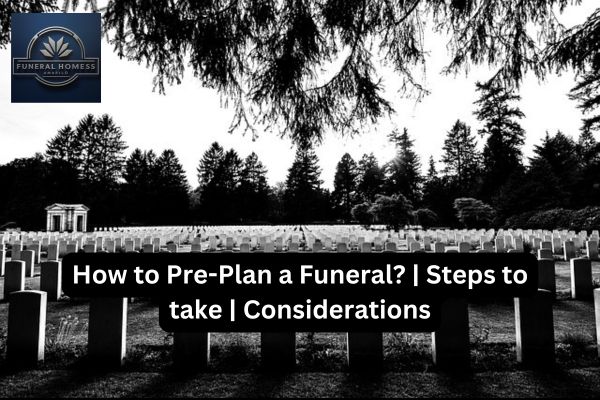
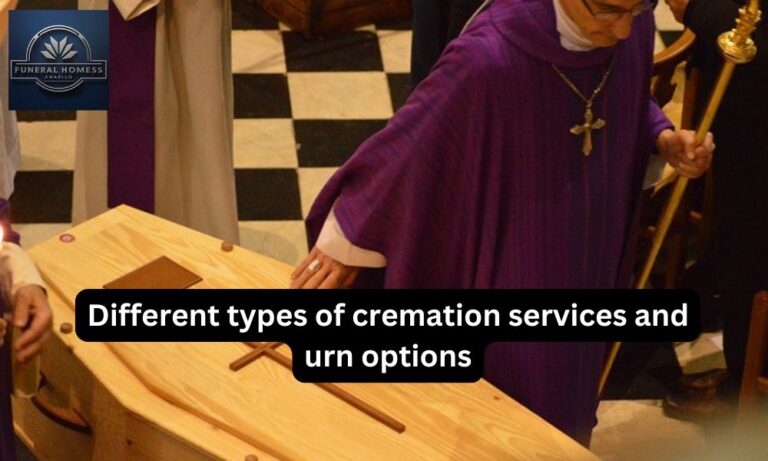
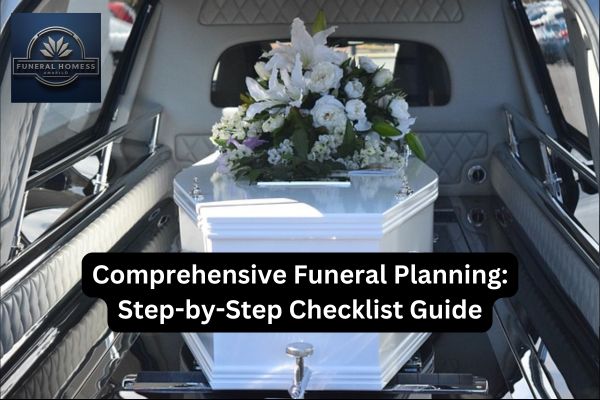
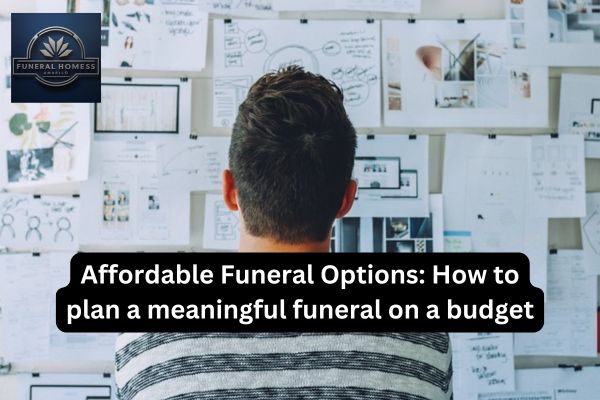

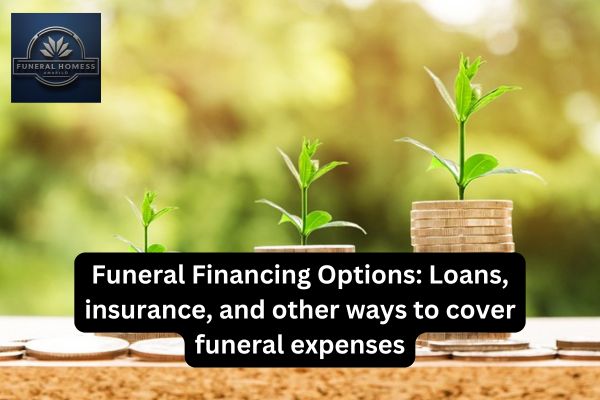
One Comment